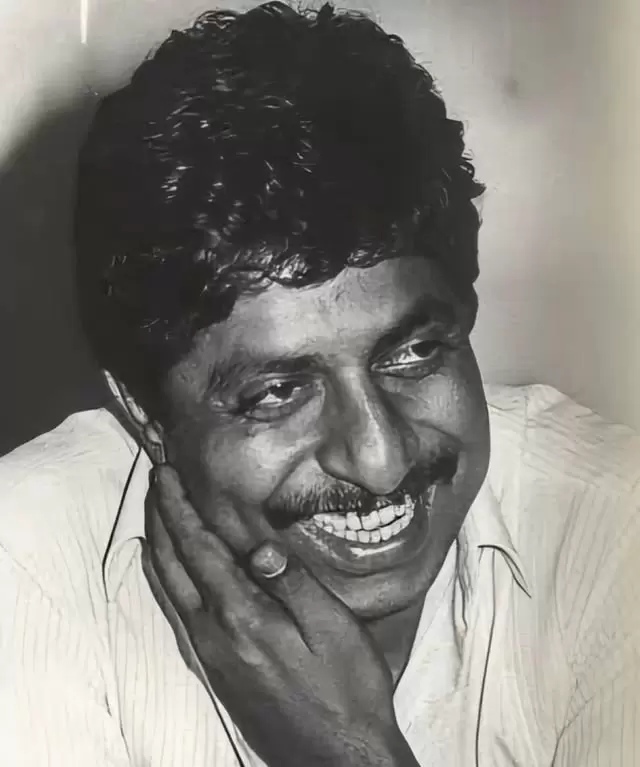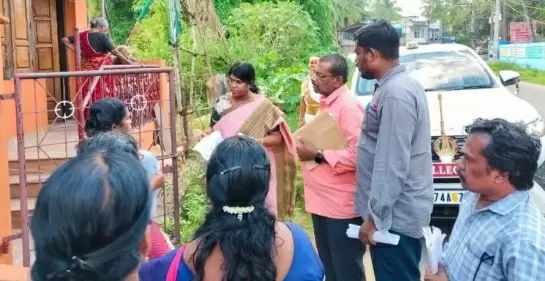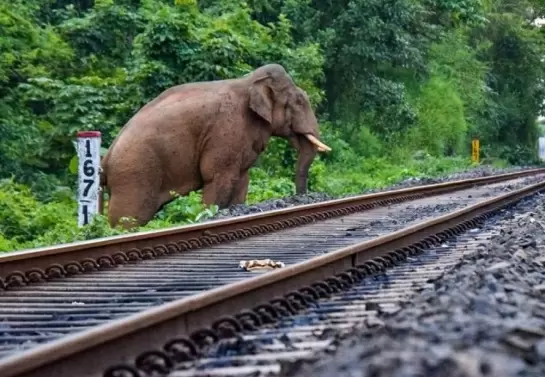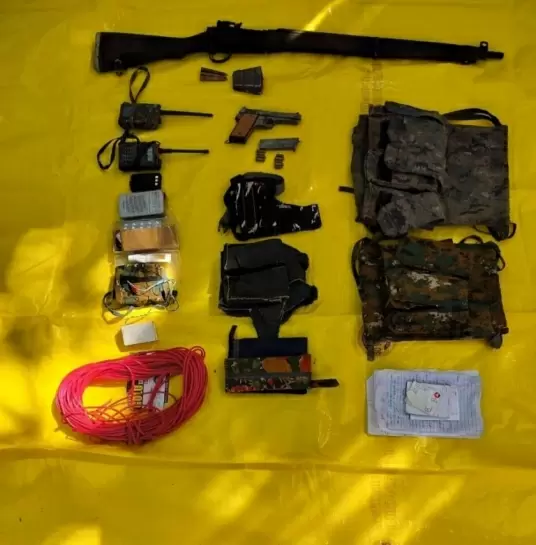The calm in the land of thunder dragon can leave you stunned
05-October-2015
Vol 6 | Issue 40
After smoggy, sooty Delhi, the crisp air at Bhutan's Paro airport is unmistakable and, descending after a three-hour flight, the first instinctive reaction is to breathe in a lung-full of the clean, soft and scented air.
A light drizzle only adds to the magical feeling of landing in the Land of the Thunder Dragon. The airport looks small - maybe a few of them could easily fit into Delhi's T3 - but is more homely.
.webp) |
|
Snow clad mountains, and crispy clean air are some of nature’s gift to Bhutan (Photos: IANS)
|
When the captain announced that the plane was heading for the final approach, a frequent flyer began a conversation of how his company provides professionals for various businesses in Thimphu and other cities.
It was only when the landing gear hit the tarmac that one realised that the pilot had skillfully negotiated one of the most difficult landings in the world.
Road trips through long-winding mountainous roads aren't everyone's forte. Stocking up enough medication to avoid throwing up, this writer was sure that the 90-minute drive from Paro to Thimphu would be a forgettable one.
The sheer beauty, however, leaves one stunned. Surrounded by snow-clad mountains, apple, peach orchards and a river with clean water running parallel to the road, the breathtaking beauty of the landscape leaves one in awe. The fluttering prayer flags added to the mystical beauty of the countryside. The feeling was stunning and humbling at the same time.
After a 54 kilometre drive, we entered Thimphu which, dotted with buildings strictly following traditional aesthetics, looked like out of a dream. Clean roads with barely no traffic showed how much the citizens take care of the city.
Revved up by the sights, one is looking forward to a walk outside the hotel. A faint Tibetan horn sounds the beginning of prayers. As the clouds cleared I caught a glimpse of the gigantic Buddha Dordenma.
Made of bronze and gilded in gold, the Shakyamuni Buddha statue glitters under the crisp sunlight and sea blue skies. A 15-minute drive away, the resplendent statue, standing tall at a height of 169 feet, offers an unforgettable view of the enchanting and exhilarating country.
The sense of calm and unhurried life in Thimphu is evident. Travelling alone is not a problem here. Welcoming and helpful locals add to the charm. Walking into the Centenary Farmers Market, one is overwhelmed by the cleanliness and order that the Bhutanese have.
With fresh vegetables, fruits and the humble dried fish all in a beautiful ensemble, the market is a riot of colours. With no bargaining, the market also has a sense of orderly calm.
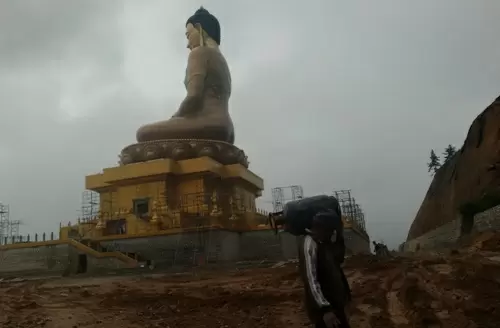 |
|
Buddha statue in Thimphu
|
With just four days to spend, day 2 was the biggest event -- meeting Queen Mother Ashi Dorji Wangmo Wangchuck for a dinner hosted by her at the Royal Palace.
Making the long drive through a few checkpoints we arrive at the seat of Royal power. As the gates open to lamps and golden-hued lights, we are ushered across the palace to the royal garden. The sight is a page out of a medieval era.
The amazing simplicity and sheer royalty of the environs is overwhelming. I am introduced to the charming, elegant and pleasant Queen Mother. As I extend my sweaty palm for a handshake, the Queen Mother had me wrapped in a warm embrace.
The living quarters are a vision in itself. Upholstery in plush satin, exquisite carved furnishing and carpets that sink under your feet: I was truly gobsmacked.
The dinner that followed was a revelation in itself. Ema datshi, Bhutan's national dish, was an olfactory and delectable delight. The dish is a spicy mix of chillis and local cheese known as Datshi.
Phaksha Paa, pork cooked with spicy red chillis, had me craving for more. Hoentoe, aromatic buckwheat dumplings stuffed with turnip greens, cheese and jasha maru, spicy minced chicken, tomatoes and other ingredients got a gastronomical thumbs-up from me.
The red rice left me in a tizzy as I was taken aback by the variety similar to the ones I had growing up in far away Kerala.
The country's monastic calm can only be paralleled by its love for books. It was an awakening for the uninitiated to see hundreds throng to get a glimpse of their favourite writers at the cerebral Lit Fest aptly named Mountain Echoes.
Be it enthusiastic school-going children or the deeply contemplating youth, the event had something for everyone in the Land of the Thunder Dragons.
At the General Post Office, one can see collectors intently discussing the antiquity of a few displays. But what catches one's eye was the counter where stamps could be personalised. One could convert one's own photograph into usable stamps at a nominal cost.
A little distance from the post office is the Crafts Bazaar. Bhutani blings, intricately worked fabrics, colourful bags and bangles left a decent dent in my wallet.
The last night at Thimphu includes strolling with a few friends well past midnight. You get a sense of freedom and safety that is difficult to find elsewhere. As we were chatting some local boys walked past us.
After a few paces, they turned back to click pictures with us 'tourists'. After exchanging email ids, pleasantries, and good-byes, the group of three boys and a girl came back sheepishly.
One of them whipped out a Bhutanese Ngultrum (equivalent to one rupee) and offered it to us. Taken aback, one of us retorted that we hadn't asked for alms. That's when the teen said with a dimpled smile, "This is our way of making you not forget us. It's our culture."
For a kingdom sandwiched by two countries that account for one-third of humans on Earth, Bhutan is an island of scenic beauty, culture, tradition and modernity.
As we fly out of Paro back to the daily Delhi din, I longingly look back on what I had left behind in the Land of the Thunder Dragon.
(The writer was in Bhutan at the invitation of the 6th edition of the Mountain Echoes Literary Festival, an India-Bhutan Foundation initiative.)











